The deed is a signed document that transfers title from the seller to the buyer. However, not all deeds are created equal. Below we outline the main kinds of deed used in California real estate and the level of protection they afford the buyer.
(For the difference between deed and title, see “Real Estate Transactions: Title vs. Deed.” For the difference between legal and equitable title, see “Real Estate Transactions: Legal vs. Equitable Title.”)
COMMON TYPES OF REAL ESTATE DEED
There are 4 basic kinds of deed allowed and commonly used in California:
General Warranty Deed: This is the most secure deed, most often used for residential sales. In California, it is often called a “California Warranty Deed.” The seller provides a warranty stating that they have clear title and the right to sell the property, and no knowledge of any issues with the title. The guarantees provided by the general warranty deed are established by explicit covenants in the deed. This provides a strong level of protection to the prospective buyer. A deed providing for “usual covenants” includes the first 5 covenants below, while a provision for “full covenants” guarantees all 6. These covenants are:
- The Covenant of Seisin: The guarantee that the seller has the right to transfer the property (on the meaning of “seisin,” see “Real Estate Magic: The origin of the deed.”)
- The Covenant of the Right to Convey: This covenant is one of those reduplications in legal formulations that just makes extra sure that you get what you pay for, so to speak. It is basically the same as the covenant of seisin—the guarantee that the seller is in fact the owner and has the right to sell the property.
- The Covenant Against Encumbrances: The guarantee that there are no outstanding liens or encumbrances on the property (in other words, that the title is “clear”).
- The Covenant of Quiet Enjoyment: The guarantee that no competing claim will damage the new owner’s enjoyment of the property. If someone comes along with a competing claim and attempts to evict or foreclose on the buyer, the seller could be liable for damages.
- The Covenant of General Warranty: Similar to the covenant of quiet enjoyment, this covenant is the guarantee that the seller will be responsible for defending against any competing claims to the title, not the buyer.
- The Covenant of Further Assurance: This covenant is rarely used in the United States. It is the guarantee that, should a problem with the title arise down the road, the seller will assist in perfecting the title to the best of his or her ability.
Grant Deed: The California grant deed is more common in California than the “California Warranty” or “General Warranty” Deed. The seller guarantees that they own and have the right to sell the property. They also guarantee that there are no liens or mortgages that are “hidden” or not listed on the deed. Similar to what is called a “Special Warranty Deed” in other states, the grant deed provides less protection to the buyer than the general warranty deed, because it only guarantees that the title has been clear for the duration of the seller’s ownership—there is no guarantee that there aren’t issues lurking somewhere in the past chain of title.
In the case of a California grant deed, the warranty is not spelled out in explicit covenants but implied under California Civil Code §1092. Because of the limited protections afforded by the California grant deed, California real estate buyers thus typically rely on title insurance to protect them from defects rather than seller liability, and it is also common for title companies to handle closing on real estate deals.
Quitclaim Deed: A quitclaim deed is sometimes called a “non-warranty deed,” because it provides none of the warranties of the above forms of deed. Instead, the seller is, legally speaking, simply walking away from (“quitting”) their claim on the property so that the buyer can take possession of it. The quitclaim deed is most often used to cure defects with a title, such as a misspelled name, or to transfer property between family members. A quitclaim deed can be used to keep the property out of probate, for example, by transferring the property before the person’s death, perhaps to a spouse or child.
If you are not transferring property between close family members, the quitclaim is quite risky for the buyer or receiver of the property, since it provides no protections, and it is therefore the favored tool of scammers. In California, valid quitclaims must be signed, notarized, and recorded with the county clerk’s office. There is also a 5-year statute of limitations on challenging the validity of a quitclaim deed in California.
Deed of Trust: In many states, there is a “bargain and sale deed,” often used for foreclosure sales. However, California does not allow for this kind of deed: instead, California uses a deed of trust in place of a mortgage. As opposed to a mortgage, where the lender holds legal title until the debt is paid, in California, the legal title is held by a trust. The deed of trust contains a “power-of-sale” clause that allows the lender to foreclose on the property without going to court (a “non-judicial” foreclosure).
IN CONCLUSION
The protections afforded by a deed are important to understand in any California real estate transaction, and although there are standard types of deed used in certain situations in California, in many cases the buyer does not really know or understand the level of protection they are getting. You should be aware that not all deeds are alike, and you would often be well served to consult an experienced California real estate attorney like our lawyers at Greenacre Law to ensure that your interests are being well served before signing a binding legal agreement.


